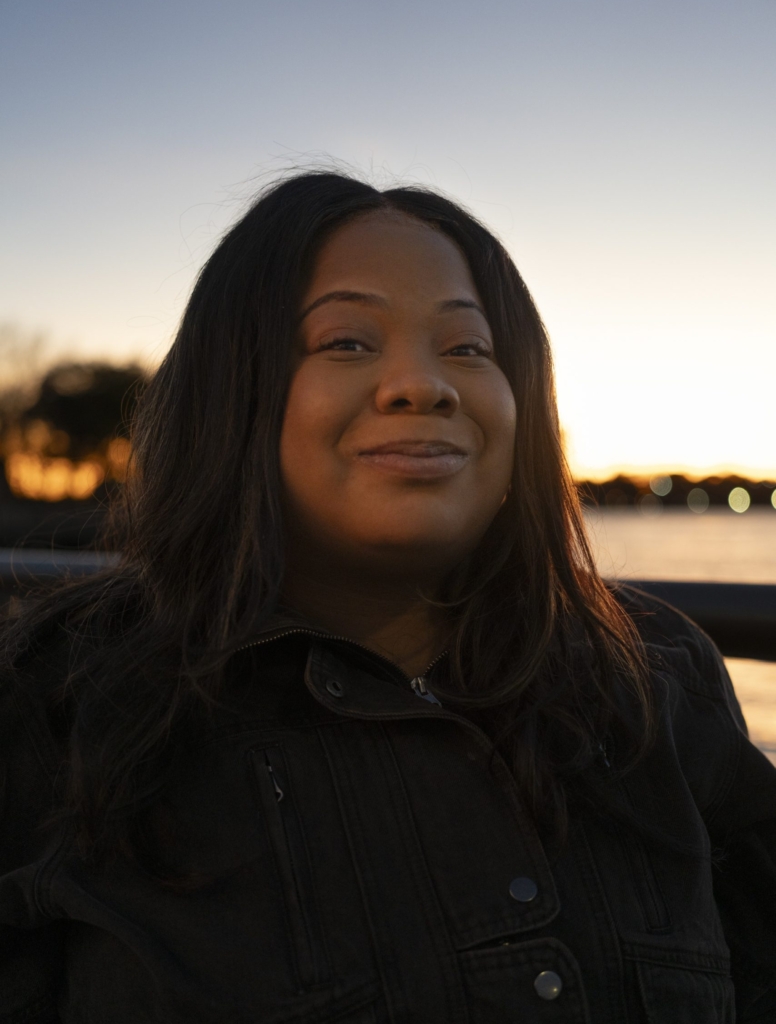
Transforming Healthcare
for women with disabilities
Women with disabilities face systemic barriers to healthcare, particularly in gynecological, reproductive, breast, and mental health services. Research shows that 25 million women and girls in the U.S. live with disabilities, and they are significantly more likely to receive lower-quality care compared to non-disabled peers.
What problem are we solving?
The statistics around healthcare for women with disabilities are shocking. For example, the mortality rate of breast cancer is three times higher than for others. The reasons for this are numerous. 80% of US doctors graduate medical school without ever having treated a woman with significant disabilities. Many doctor’s offices lack adequate knowledge about what is needed to provide adequate care. Physical access is often insufficient, and challenges include inaccessible facilities, a lack of provider training, and limited availability of tailored clinical guidelines. Far too often real medical issues are simply dismissed as a byproduct of cerebral palsy.
Submissions
Our transforming the Healthcare of Women with Disabilities Health Initiative, launched in 2016. Since then, CPF has funded 15 research studies and published 10 peer-reviewed articles, and developed clinical guidelines to improve care quality and access for women with disabilities. Key achievements include training programs for radiologists, the creation of accessibility checklists, and initiatives to address mental health disparities, such as higher rates of anxiety and depression among women with cerebral palsy.
WhY DOES OUR APPROACH WORK?
With a community of over 150,000 followers and partnerships with 20 healthcare institutions, CPF bridges gaps in care through education, advocacy, and implementation science. Our work empowers women by increasing health literacy, engaging providers with evidence-based practices, and dismantling systemic barriers to equitable care.
Looking to the future, CPF is committed to scaling its implementation network, training providers nationwide, and driving systemic change. Our vision is a world where women with disabilities receive the comprehensive and equitable healthcare they deserve, improving their longevity, quality of life, and ability to lead independent and fulfilling lives.
It is time to transform healthcare for women with disabilities.
Publications
When you’re on the margins of the population, it takes more effort to care about the things you need, and that it always more of a disappointment to me than the physical realities of my disability.
Kathleen Downes